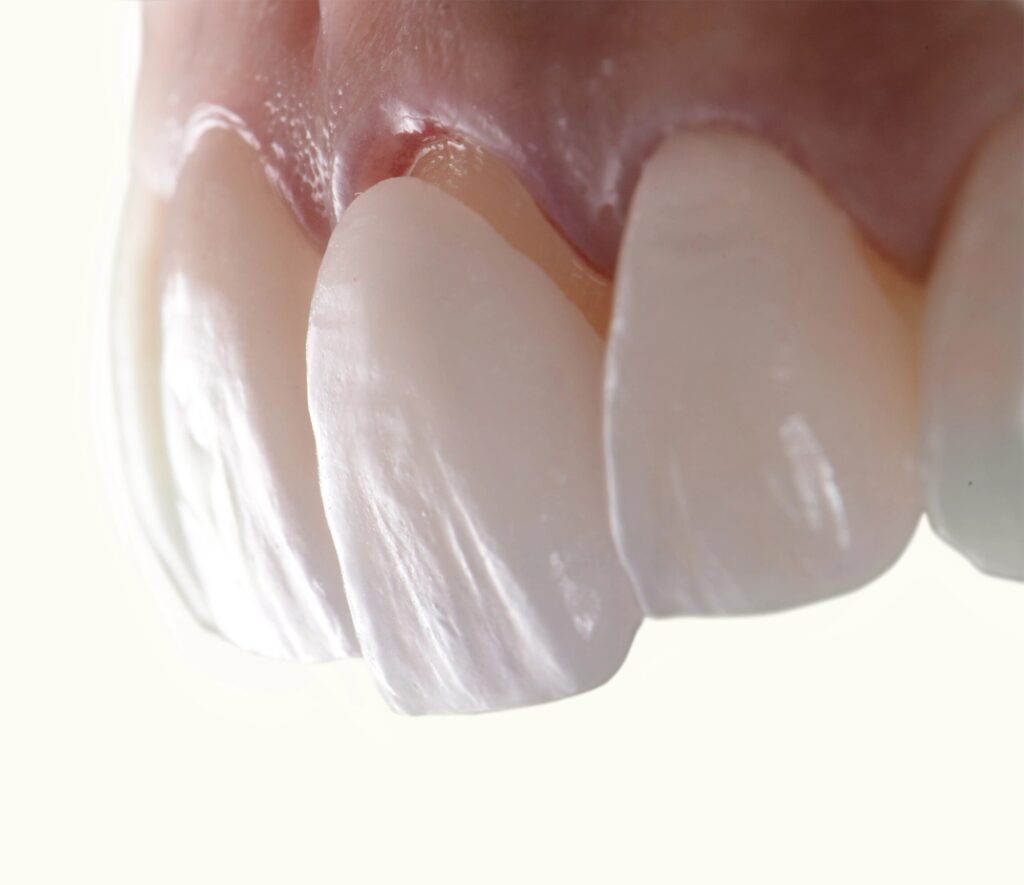How Do Veneers Affect Oral Health?

Veneers are a popular cosmetic dental treatment designed to improve the appearance of your smile. They can address issues such as discoloration, chips, or misalignment, providing a natural-looking and attractive solution.
However, it’s important to consider the impact that veneers can have on your overall oral health. Consulting with a qualified dentist ensures that you understand all aspects of the procedure before making a decision, especially concerning your long-term dental health and well-being at the dental clinic.
Improvement in aesthetic appearance:
One of the most immediate effects of veneers Abu Dhabi is an improvement in the aesthetic appearance of your teeth. By covering imperfections, such as stains, gaps, and chips, veneers give your smile a smoother, more uniform appearance. This boost in self-confidence can lead to improved overall mental well-being, encouraging you to maintain better oral hygiene habits.
Preservation of natural tooth structure:
Veneers are thin shells made of porcelain or composite materials that are bonded to the front surface of your teeth. The process typically requires minimal tooth preparation, meaning that a significant portion of the natural tooth structure is preserved. While a small amount of enamel is usually removed to ensure the veneer fits securely, this process is less invasive compared to other cosmetic options like crowns, which require more extensive shaping.
Durability and longevity:
Veneers are designed to be durable and long-lasting, typically lasting anywhere from 10 to 15 years with proper care. They are resistant to staining and wear, which makes them a popular choice for individuals who want a durable solution for improving their smile. However, it’s essential to practice good oral hygiene to avoid plaque buildup, which can contribute to gum disease or decay beneath the veneer.
Risk of tooth sensitivity:
After the application of veneers, some people experience tooth sensitivity, especially when consuming hot or cold foods and drinks. This can happen because of the slight removal of enamel during the preparation process. Sensitivity typically subsides as your teeth adjust to the veneers, but it’s important to discuss any concerns with your dentist to manage this side effect.
Need for proper maintenance:
Although veneers are durable, they still require proper care to maintain their longevity and to avoid complications. It’s essential to brush and floss regularly and visit your dentist for routine check-ups to monitor the condition of the veneers. Avoiding habits such as biting hard objects or using your teeth as tools can prevent damage to the veneers and protect the underlying teeth.




